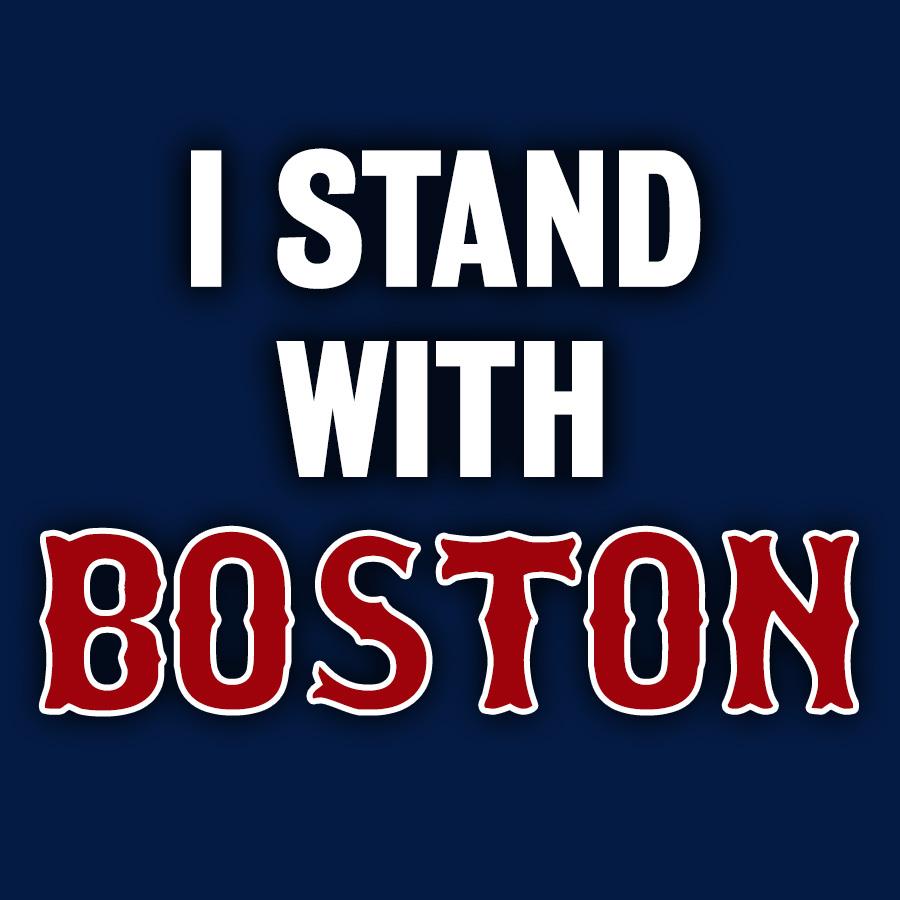I’ve been subjecting my unlucky, long-suffering wife to a string of intense foreign flicks. Most recently, In a Better World, which won the Oscar for the 2011 Best Foreign Language Film. One reviewer explains that “the film examines the different ways people react to injustice, and looks at how what counts as ‘revenge’, as opposed to ‘justice’, is a matter of perception.” Watch it and let me know what you think.
How do you react to injustice? What, if anything, do you do when you see an adult hit a child in public? What, if anything, do you do when you learn someone is a victim of domestic abuse? What, if anything do you when your tax dollars make it possible for drones to kill bad guys and innocent civilians anonymously from the sky?
I know what you do when an evil person, family, or cadre in Zimbabwe or North Korea hits, impoverishes, and imprisons on a national scale. Nothing. Most people cope with the atrocities of those regimes by not paying attention to them. If we don’t even know where Zimbabwe and North Korea are, who Kim Jong-un and Robert Mugabe are, or what Zimbabweans’ and North Koreans’ lives are like, it’s so much easier to just make fun of how backward the countries are.

On the other hand, if we’re better than our popular culture, and press pause long enough to learn what life is like for fellow humans who were born in the wrong place at the wrong time, it’s impossible to watch the North Korean succession without getting sick to your stomach.
The North Korean tragedy is nearly impossible to grasp, but here’s an imperfect analogy. If your politics are anything like mine, after John McCain picked Sarah Palin to be his running mate during the 2008 U.S. presidential election, you had a few “Oh shit, there’s a possibility of an ill-informed, right wing dilettante becoming president” moments. Forget President Sarah Palin. Instead imagine if the vote was canceled and Jenna Bush was appointed President. Jenna, not Barbara because she revealed a greater capacity for cruelty. One of Jong-un’s alleged childhood pastimes was torturing small animals.
I miss Christopher Hitchens’ writing. This incredibly vacuous New Yorker essay on North Korea’s Kim Jong-il’s funeral ceremony/performance begs a question—who will fill his shoes? Without Hitchens’ passionate, populist voice the Kim Jong-un succession has even more of a feel of inevitability.
I get it, the immediacy of the evil in North Korea pales in comparison to the violence in our own neighborhoods and communities, but the scale of human suffering deserves more of our attention. We can and should be committed to a more peaceful and just 2012 both in our own communities and on the Korean Peninsula.



